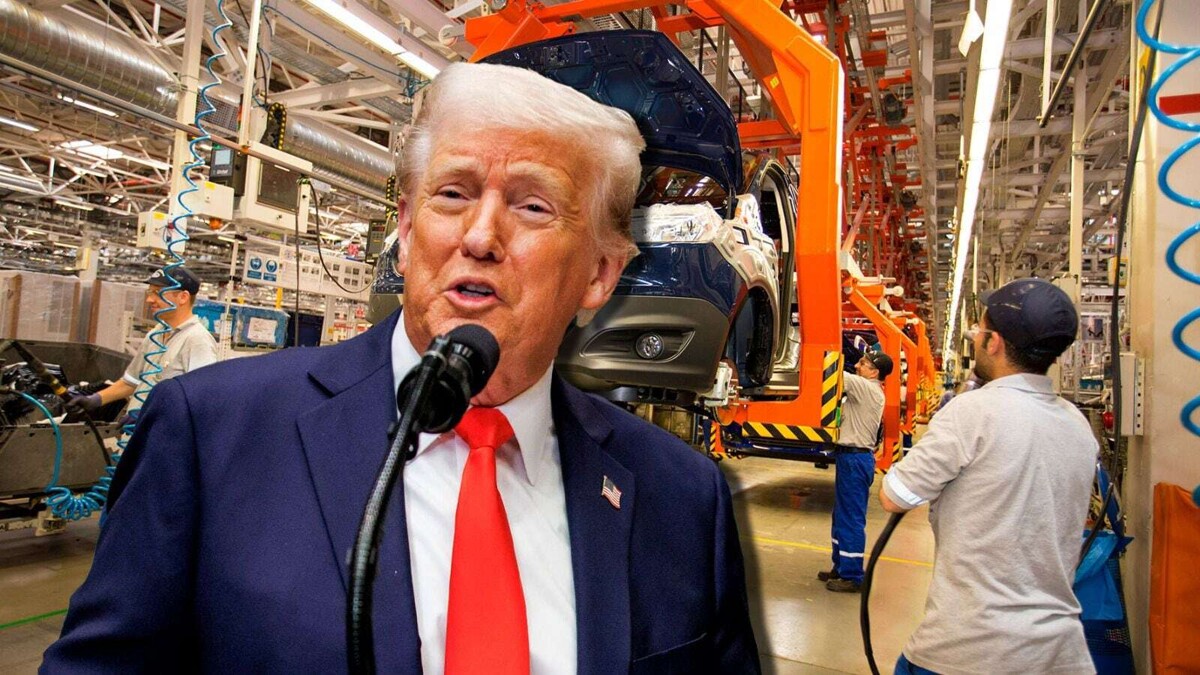
The Mexican automotive industry warned about the potential increase of between 3,000 and 5,000 dollars per vehicle in the United States due to tariffs. According to information provided by AMIA, INA, AMDA, and Anpact, this cost increase would be exacerbated by the fact that, on average, auto parts cross North American borders up to 8 times before the vehicle is finished.
In a joint statement, these associations committed to collaborating with their counterparts in the United States and Canada to raise awareness among decision-makers about the risks of such measures and to preserve the USMCA. They warned that the imposition of a 25% tariff by the United States on Mexican and Canadian products would have severe economic consequences, such as higher inflation, job loss, and reduced regional economic growth.
The associations also pointed out that the tariffs would impact the stability and competitiveness of the supply chains in the automotive and auto parts industry, key sectors for the regional economy. They highlighted that this would affect the productive integration of the three partner countries in the USMCA in the manufacturing of light and heavy vehicles, as well as components and auto parts.
Gabriel Padilla, general director of the INA, previously warned that if the application of tariffs is prolonged, the industry would face annual cost overruns of up to 30 billion dollars. Additionally, according to estimates from the Peterson Institute for International Economics based in Washington, the US economy could shrink by 0.5% by 2027 due to the tariffs, which would also have an impact on inflation and financial markets.
In summary, the imposition of tariffs by the United States on Mexican and Canadian products could have significant negative effects on the economy of the North American region, affecting the stability of the automotive industry, the competitiveness of supply chains, and regional economic growth.














